The complex economics behind gifting in rural China
A common practice in rural China is to give monetary gifts during important occasions, be it weddings or funerals. These gifts can drain a sizeable part of a person's income, and deciding on the amount to give is an art in itself. Economics professor Zhang Rui tells us more about this longstanding tradition.
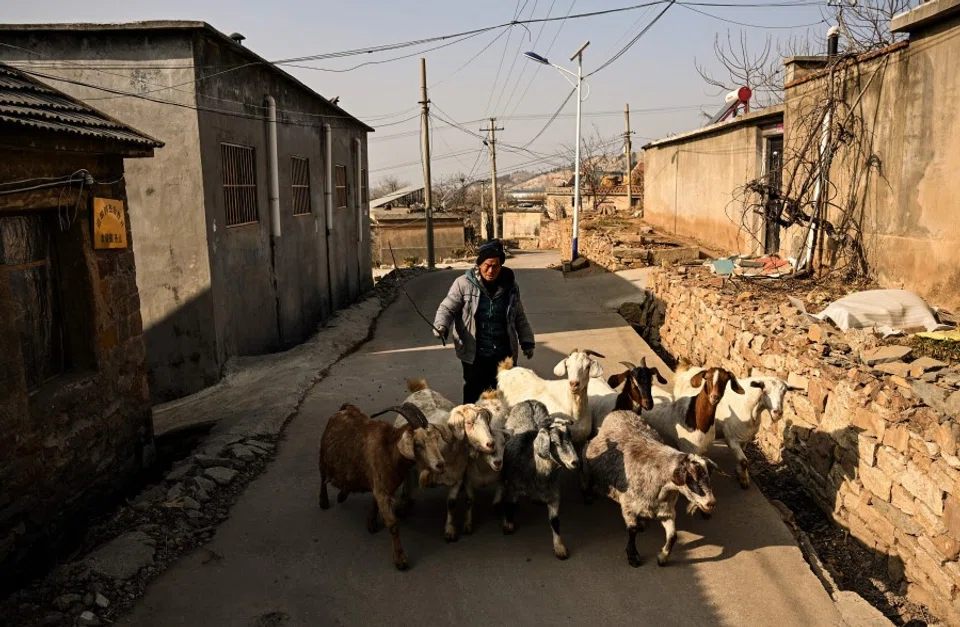
My late father often grumbled that his 4,000 RMB (US$592) monthly stipend as a retired civil servant with the rural government was hardly enough after accounting for various personal gifts that he had to prepare. During my trip home for Chinese New Year this year, my second uncle - a former rural primary school teacher - bemoaned that money was tight every month as half of his nearly 6,000 RMB monthly pay went to gifts for other people. Gifting was his biggest annual household expense.
Longstanding tradition
Rural gifting is a longstanding tradition that is getting costlier and costlier, and the mere mention of it is enough to frustrate rural households in China. When my father passed on six years ago, the largest amount of condolence money we received from our direct relatives was about 500 RMB. Today, the standard rate has gone up to more than 1,000 RMB. If my family were to make a gift in return now, we would obviously be forking out more money.
Figures show that in 2016, per capita disposable income for China's rural population was around 12,363 RMB. The Chinese Academy of Social Sciences estimated that this figure reached around 20,600 RMB in 2022, an increase of about 67% in six years. The increase in rural households' spending on monetary gifts has clearly exceeded that of per capita income. Likewise, from 2016 to 2022, China's domestic goods prices have increased by 14%, significantly lower than the increase in the value of rural gifts.
Well-wishing relatives and neighbours from near and far would be obligated to give red packets for newborn, full-month and 100-day celebrations for children.
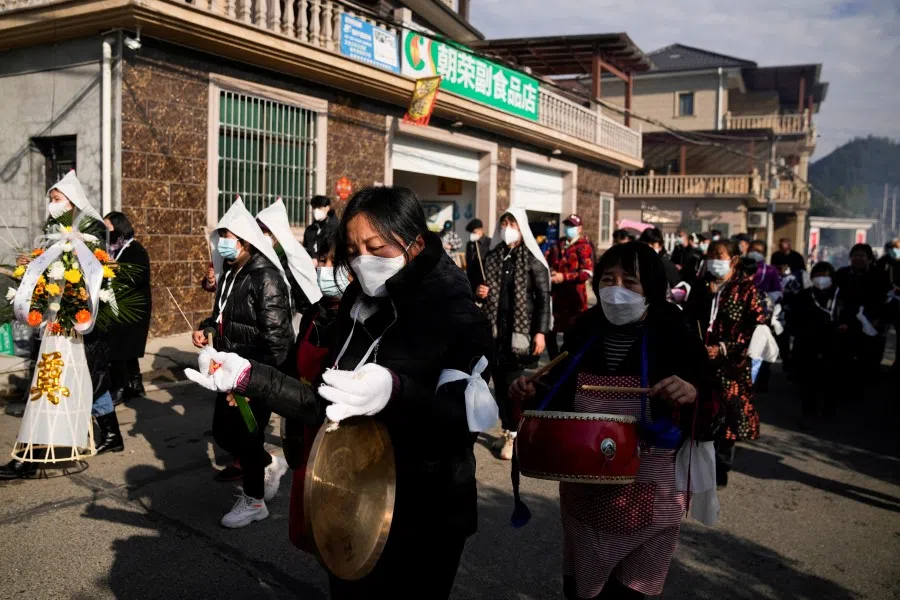
In China's rural areas, there are a myriad of reasons for holding banquets where monetary gifts are commonly given. One might say that monetary gifts are central to every event from cradle to grave, and people would seek every opportunity to come up with various reasons to collect these gifts, thus becoming a quick way for rural households to generate income.
Well-wishing relatives and neighbours from near and far would be obligated to give red packets for newborn, full-month and 100-day celebrations for children. Then there is the first birthday, and the tenth birthday - the first double-digit birthday - which in many places is celebrated with a big bash, and attendees would bring the customary monetary gift.
Just as children afford opportunities for all sorts of celebrations and receiving of gifts, the same can also be said of events involving adults. Since universities expanded recruitment, rural children have a much higher chance of succeeding in the gaokao or university entrance exams. As long as a candidate receives an acceptance letter regardless of the university, the parents will arrange for a celebration and invite everyone - the more attendees, the greater the economies of scale.
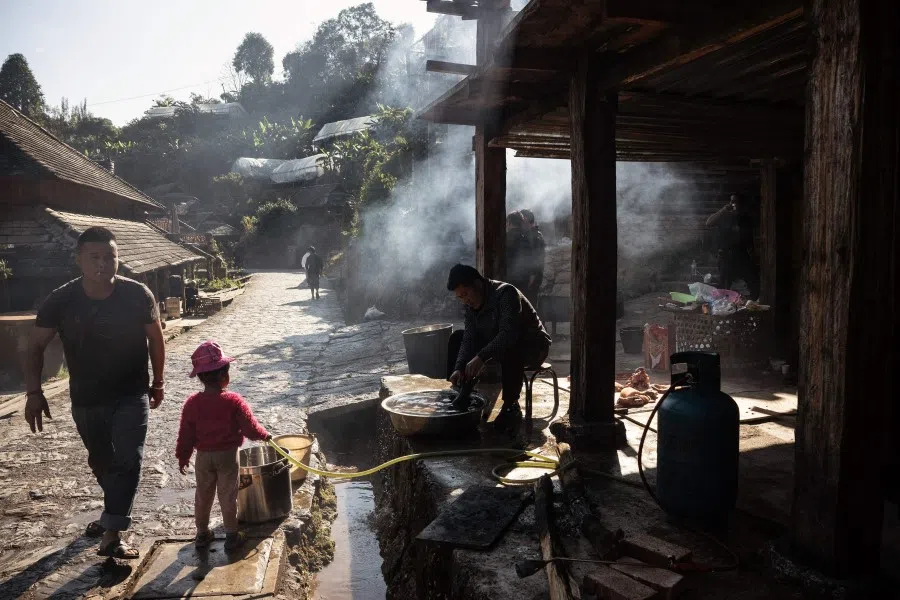
When adult children get married, the parents will go as big as possible; from the engagement to the wedding day, relatives and friends will have to attend and extend their congratulations and gifts. And from the time parents turn 60 onwards, the children will have to throw birthday celebrations every subsequent decade, and those who receive an invitation naturally cannot attend empty-handed.
Gift-givers are careful with how much they spend on a gift because they run the risk of losing out if they overspend, or worse yet, losing face if they spend too little.
And when it comes to the final stop in a person's life, many villages now make funerals extraordinarily grand, and the condolence money from the mourners could be a rather significant financial contribution for the affected family.
Art of gifting
The amount of money to give is definitely an art for gift-givers and calls for careful consideration, with the "system of comparison" being key.
One aspect is vertical comparison, that is, comparing with the amount that one has given before - a monetary gift must be equal or more than what was previously given to a relative of the same or similar rank. And if some time has passed, the amount has to be appropriately topped up to be more than the previous figure.
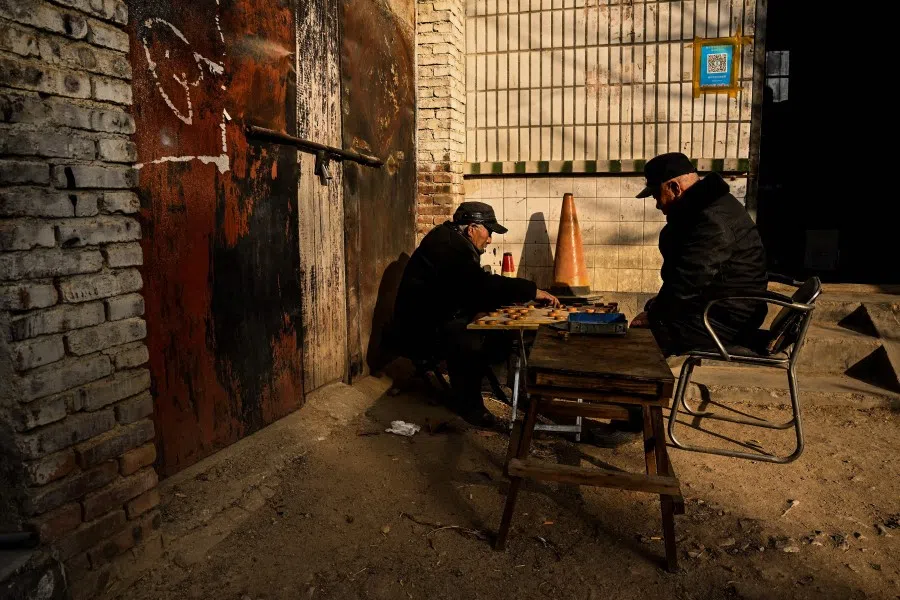
Then there is also horizontal comparison, whereby one would decide how much to give to someone of the same rank by referring to the records of how much was given for weddings and funerals as is the practice in rural China, and comparing the amount that relatives and friends gave previously. To avoid the embarrassment of a mismatch of information, a simpler way is for the gift-giver to discuss with the recipient beforehand on the amount that is agreeable to both parties, and give that amount on the day itself without fuss.
So, in a horizontal comparison, it is critical for the gift-giver to compare and communicate with key people, such as brothers, uncles and aunts. These monetary gifts from those of the same rank would determine how much one gives.
Gift-givers are careful with how much they spend on a gift because they run the risk of losing out if they overspend, or worse yet, losing face if they spend too little. This is because even if they gave more money compared with their peers, they gained favour in return. In particular, the receiver would be more grateful for the gift, which deepens their relationship.
However, if they spend too little on a gift, they would not only be criticised by their family and friends but also draw the ire of the receiver, thus losing face. For example, even if one could have sat nearer to the seat of honour because of their seniority, their subpar gift could land them in a seat that is further away. If that happens, all eyes would be on them at the banquet, much to their discomfort.
Passive coercion
Apart from the etiquette of reciprocity in gift-giving tradition, rural people give gifts out of helplessness or passive coercion in most other cases. Based on American psychologist Lawrence Kohlberg's theory of moral development, there are three levels of moral development: preconventional, conventional and postconventional. People move through these levels in a fixed order and rarely regress to the previous stages.

In the preconventional stage, people make decisions based on moral judgments that are guided by the maximisation of self-interest and the minimisation of loss. The conventional stage occurs when one makes decisions based on other people's expectations, especially the expectations of important figures in their life, such as their parents, spouse or work superiors. In this stage, people do what is expected of them and fulfil their commitments to maintain order.
In the postconventional stage, while people make decisions based on their own perspectives again, they are no longer guided by benefits and losses but are instead driven by ethical principles. Even when such judgements are contrary to social norms and laws, they no longer affect this person's behaviour.
Kohlberg further pointed out that most adults are at the conventional stage of moral development, meaning that they act based on people's expectations of them and wish to maintain the status quo. Consequently, the gift-giving tradition persists in rural China partly because gift-givers want to avoid being criticised by their relatives and neighbours for giving inappropriate gifts, being unable to keep up with the rhythm of gift-giving or doing as they please and breaking social rules, as this would affect their daily lives and social interactions.
...such gift-giving behaviour is based on blood relations, locality and lineage ties, and acts as the foundation of social relationships.
Traditional rural ties disappearing
Notably, rural banquets are increasing in number and gift-giving is becoming more competitive because of the rivalry and compensation psychology among the involved parties. That is, one would organise banquets in order to recover or gain double or more of what they had previously spent on monetary gifts.
But whether they gain or lose from these banquets would largely depend on how many children they have. Naturally, bigger families can hold more banquets, which means that their intake will always be multiplied. Meanwhile, smaller families can only hold fewer banquets, but will have to prepare more gifts for others. Relative to gift expenses, their marginal revenue will always be decreasing.
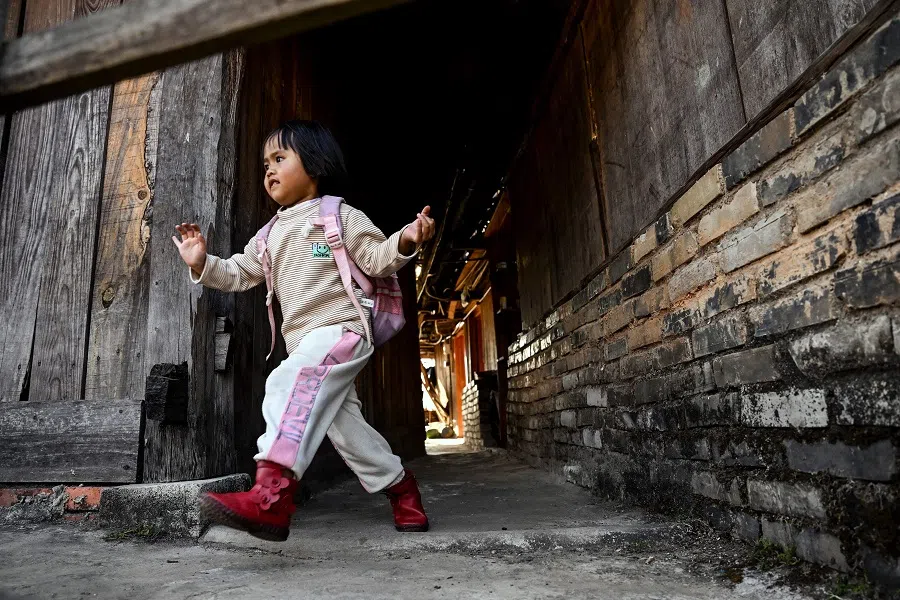
Faced with the problem of increasingly extravagant and boastful rural banquets, several local governments are rolling out measures to regulate and rectify these customs. For example, some local governments in Shaanxi province imposed a rule that caps the value of gifts from guests attending a banquet at 200 RMB; while officials at Hunan's Anhua county capped the value of gifts at 100 RMB, or 50 RMB if the guest is merely an acquaintance.
Nonetheless, I believe that these administrative regulations do not work at all. This is because the nature of gift giving and receiving does not violate any law and the source of the gift does not give rise to suspicions of bribery. Furthermore, property rights are protected by the constitution and the law - regardless of how exorbitant the gift may be, they do not violate any law.
At the same time, since it is customary to give and reciprocate gifts, the process is open and transparent and without the slightest trace of cover-up. More importantly, such gift-giving behaviour is based on blood relations, locality and lineage ties, and acts as the foundation of social relationships. Besides, rural gift-giving is a tradition passed down from generation to generation and is generally seen as a morally acceptable practice. Under such circumstances, governmental intervention has little effect.
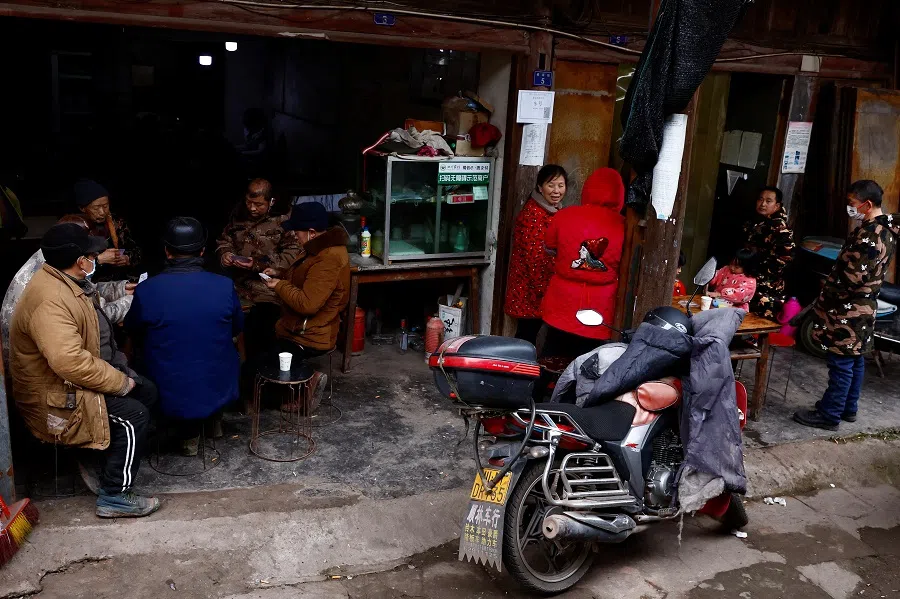
So then, when will this increasingly extravagant rural gift-giving tradition die out? An objective and natural force in dampening the tradition is the urbanisation of the rural population, especially the younger generation. While the older generation of villagers aged 60 and above currently make up a significant portion of the rural population and form the basis of the gift-giving tradition that maintains social relations, an increasing number of rural youths are settling down in the cities.
As this trend continues, traditional rural locality ties will gradually disappear, while lineage and kinship ties will gradually weaken. Once elderly villagers aged 60 and above are gradually replaced due to the natural laws of demographic patterns, which takes 20 years at most, the gift-giving tradition in rural China will slowly dampen or even disappear for good.
This article was first published in Lianhe Zaobao as "中国农村送礼的经济学解释".





